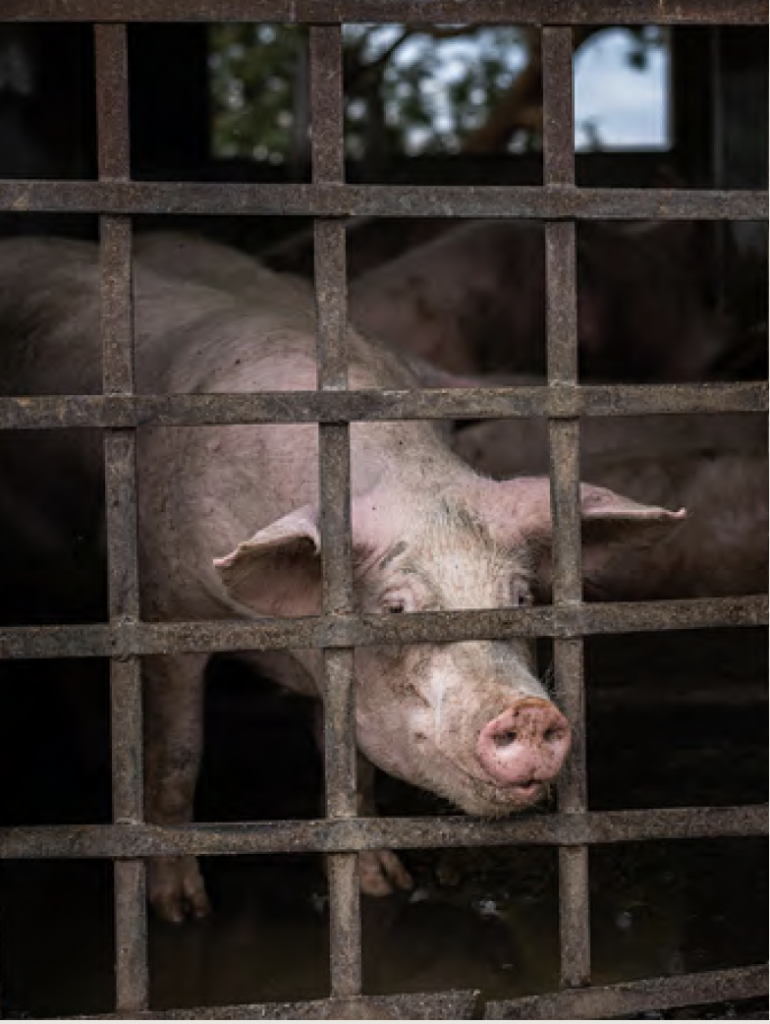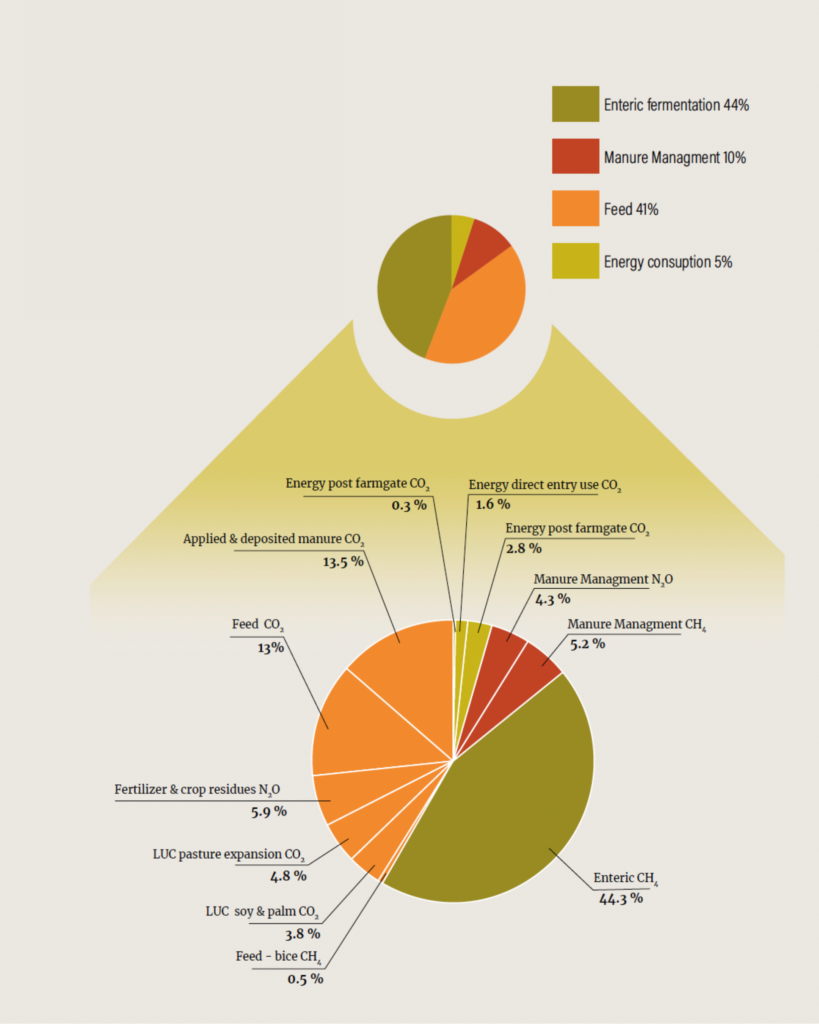International Finance Corporation Fails to Address GHG Emissions for $2BN Agricultural Loans
Stop Financing Factory Farming
21st April '25

The International Finance Corporation (IFC), the World Bank’s private sector arm, has poured billions into polluting animal agriculture projects while falling short of upholding its own climate standards.

A new report from the Stop Financing Factory Farming (S3F) coalition reveals that between 2020 and 2025, the IFC approved 38 loans worth roughly $2 billion to industrial meat, dairy, and animal feed corporations—without ensuring those clients met the IFC’s own climate requirements.
Despite its pledge to align all financing with the Paris Agreement goals by July 2025, IFC has funded agribusinesses that show little to no evidence of mitigating climate risk or reducing greenhouse gas emissions. This undermines the World Bank Group’s climate credibility and sends the wrong signals to global markets about what is considered sustainable.
38 IFC Investments, Zero Action on Climate
The report examines 38 IFC investments in the animal protein and feed sector. Researchers analyzed publicly available IFC loan documents and company reports to assess whether clients complied with IFC climate reporting standards—specifically requirements to:
– Quantify and report Scope 1 and Scope 2 emissions
– Reduce emissions intensity
– Manage physical climate risks throughout the supply chain
Key Findings
- 0 out of 38 clients reported action on physical climate risks
- Only 5 companies (13%) outlined plans to reduce emissions intensity or absolute emissions
- 24 companies (63%) showed no adherence to emissions reduction requirements set by IFC
- While 26 companies (68%) reported Scope 1 and 2 emissions,
- Only 1 set a Paris-aligned reduction target for Scope 3
- 0 companies reported methane emissions or other key GHG breakdowns
This matters: Animal agriculture is a top climate threat, contributing at least one-sixth of global emissions, including a third of methane emissions—a potent greenhouse gas. These loans are not just failing to reduce emissions, but are actively fueling the crisis.

Breakdown of animal agriculture’s contributions to global greenhouse gas emissions
IFC’s Role as a Global Climate Leader
As a standard-setter in development finance, IFC has the power—and the responsibility—to shape sustainable investment norms worldwide. By failing to enforce its own policies, it is effectively steering the global agricultural industry away from sustainable development.
With an upcoming review of its Performance Standards, IFC has a critical opportunity to course-correct.
Report Recommendations
The report calls on IFC to:
– Stop financing industrial livestock expansion
– Strengthen climate criteria for all agribusiness lending
– Mandate absolute reductions in Scope 1–3 emissions, especially methane
– Enforce compliance with climate policies—not just on paper, but in practice
